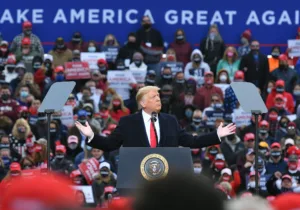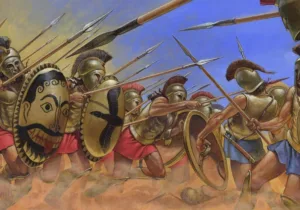Speaking about the American Revolution during an address in Philadelphia on the 6th of July 1976, celebrating the Bicentennial of the Declaration of Independence, no less an authority than Queen Elizabeth II said:
We lost the American colonies because we lacked the statesmanship to know the time and the manner of yielding what it is impossible to keep … But the lesson was learned … We learned to respect the right of others to govern themselves in their own way. This was the outcome of the experience learned the hard way in 1776. Without that great act in the cause of liberty performed in Independence Hall two hundred years ago, we could never have transformed our Empire into a Commonwealth.
The Queen appears to hold to the common belief that the American revolution was justified. This belief has prevailed, almost unquestioned, among many, if not most, Americans. The extreme view casts the American Revolutionary War as a simple affair in which the forces of liberty stood against those of tyranny. But is the proper moral analysis more complex than this? To address this possibility, Providence managing editor spoke with Oxford professor Nigel Biggar, a Providence contributing editor, in a friendly exchange on revolution, justice, tyranny, and ethics. In between the hotdogs and burgers, please enjoy!







 Sponsor a student for Christianity & National Security 2024
Sponsor a student for Christianity & National Security 2024